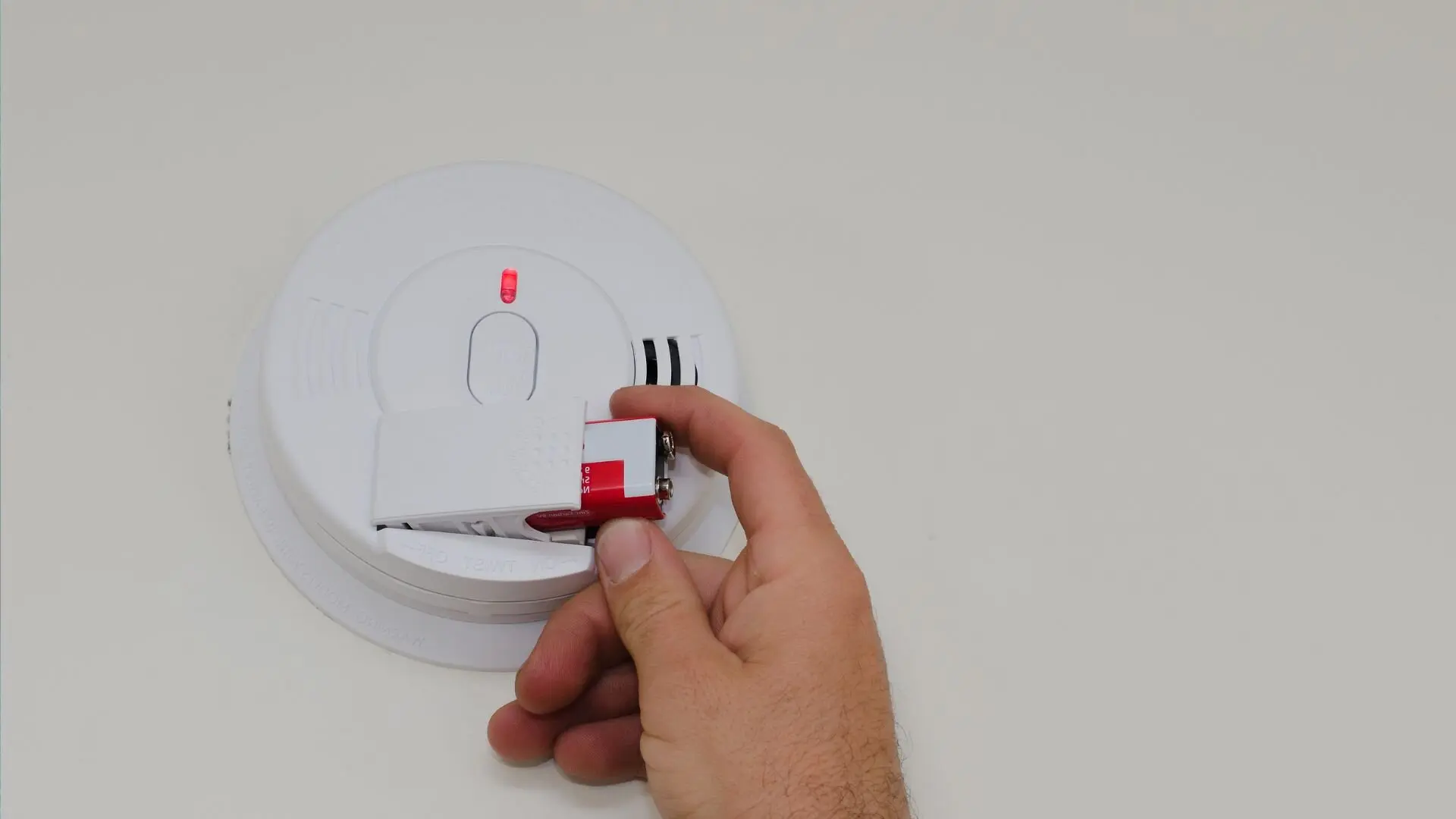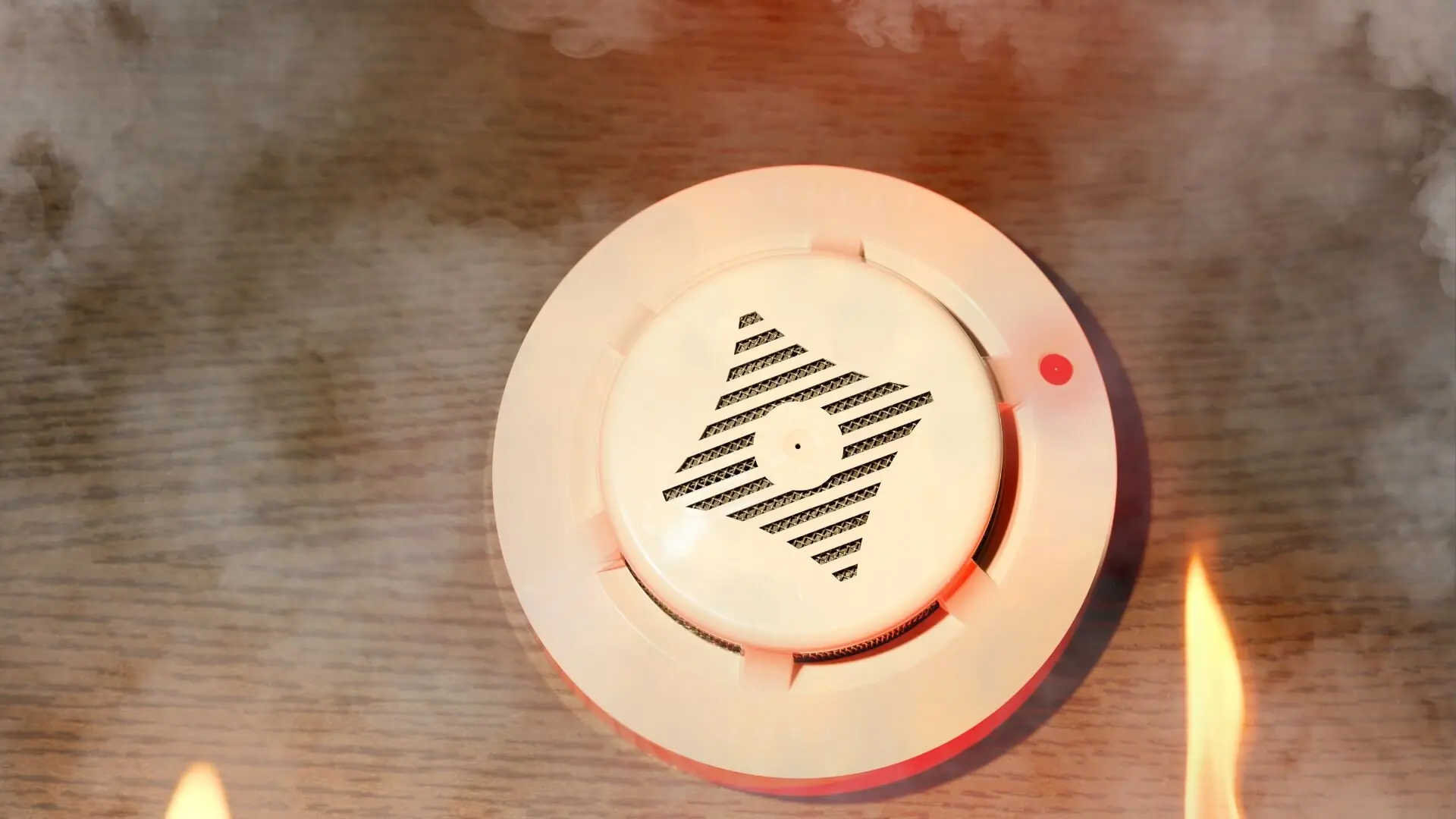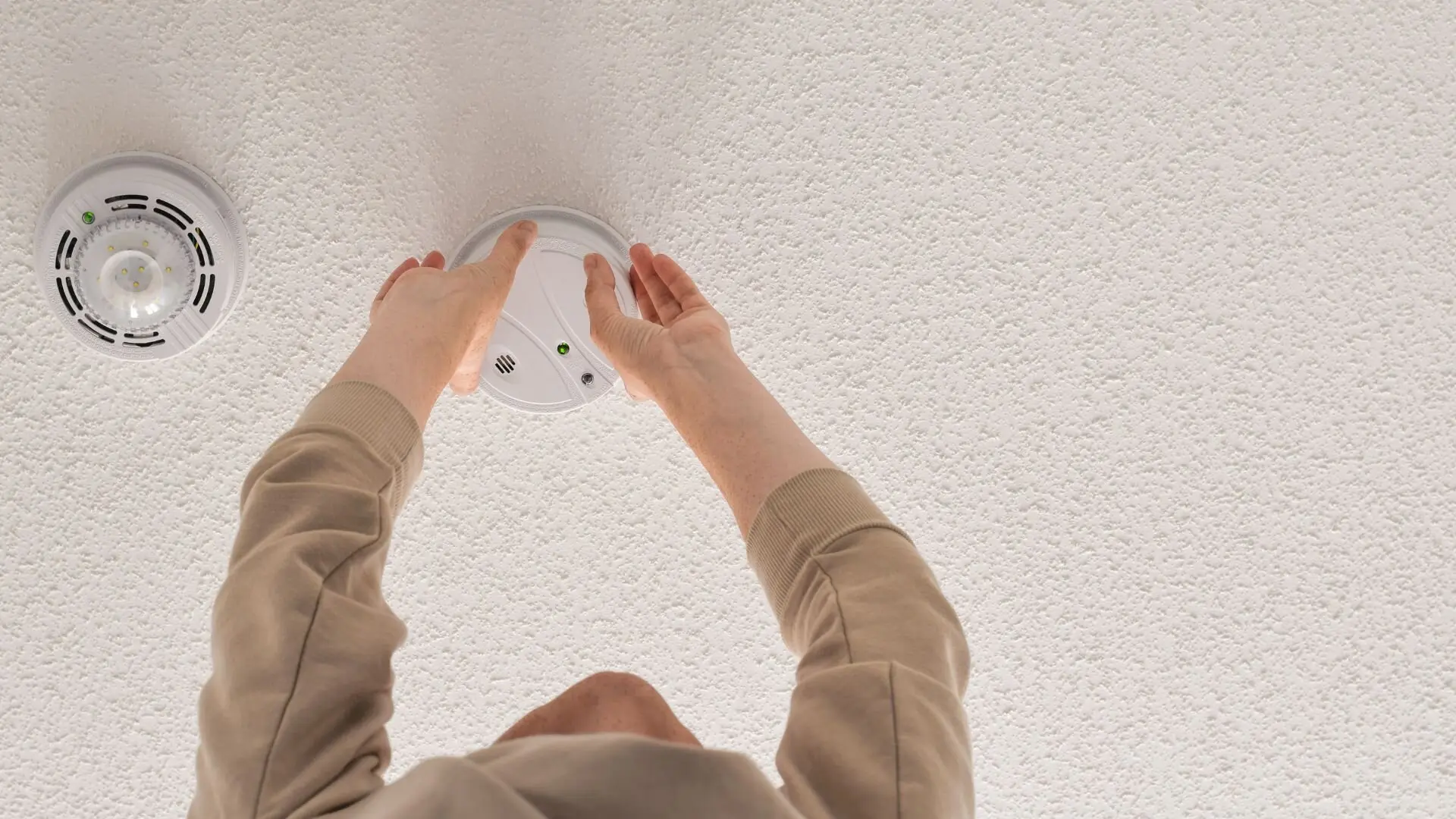In Queensland, ensuring your safety includes having the proper smoke alarms at home. The introduction of new smoke alarm laws has been staged over time, so getting a grasp on what’s required is essential.
At Enersol, our Residential Electrician Gold Coast - This blog takes a deep dive into Queensland’s smoke alarm legislation, highlighting interconnected photoelectric alarms, their advantages, and the installation guidelines from the Queensland Fire and Emergency Services (QFES). We’ll also cover important deadlines for existing homes, helping you ensure compliance with the latest fire safety standards. Stick around to discover how these regulations can safeguard your loved ones.
Understanding Queensland’s Smoke Alarm Legislation
Smoke alarms play a crucial role in fire safety, offering early warnings that can be lifesaving. Learn more about residential wiring guide. Queensland’s Smoke Alarm Legislation mandates specific alarms to ensure that homes have the best protection available.

Types of Smoke Alarms Required in Queensland
Queensland legislation requires the installation of photoelectric smoke alarms. These alarms are particularly sensitive to photoelectric smoke, the type of smoke most common in household fires caused by electrical faults or smouldering materials like plastics. This makes them more effective at detecting these types of fires compared to ionisation alarms.
Adhering to regulations means properly installing and maintaining your smoke alarms to keep them operational. It’s crucial to perform regular smoke alarm maintenance because factors like dust, insects, and daily wear can impact their performance. Additionally, homeowners should routinely verify that all other smoke alarms in their property are working well to ensure complete coverage.
For those who prefer professional assistance, it’s possible to outsource smoke alarm maintenance to ensure compliance with safety standards. Proper upkeep of a domestic smoke alarm system can be life-saving, providing early detection and giving residents more time to escape in an emergency.
The Queensland Fire Department strongly advocates for photoelectric smoke alarms due to their effectiveness in detecting smouldering fires early, reinforcing the importance of both installation and ongoing maintenance.
The following provides more information about the benefits of photoelectric alarms.
Photoelectric vs. Ionisation Smoke Alarms
Photoelectric smoke alarms are the preferred choice under Queensland’s smoke alarm laws. Let’s explore the key differences between photoelectric and ionisation smoke alarms:
- Sensor Type: Photoelectric smoke alarms use a photoelectric sensor, while ionisation smoke alarms use an ionisation chamber.
- Smoke Detection: Photoelectric alarms are more effective with slow-burning fires that produce large smoke particles, while ionisation alarms are more likely to trigger with fast-burning fires or even cooking smoke.
- False Alarms: Photoelectric smoke alarms are less prone to false alarms triggered by cooking smoke, offering a significant advantage in everyday use.
Interconnected Smoke Alarm Systems
Interconnected smoke alarms are a network of alarms that all sound simultaneously when one detects smoke. This ensures everyone in the house is alerted to a fire, regardless of where it starts.
Maintenance and Testing Obligations
Both homeowners and occupants must ensure that their smoke alarms comply with regulations. This means that all installed smoke alarms should be photoelectric, less than 10 years old, and function properly when tested. Queensland Fire and Emergency Services (QFES) advises testing your smoke alarm every month and giving it a vacuum clean at least once a year. If your alarm fails to work during testing, it needs immediate replacement.
Smoke Alarm Installation Requirements
Having properly placed smoke alarms is crucial for your safety in case of a fire. Queensland’s new smoke alarm legislation, outlined in the Fire and Emergency Services Act 1990, plays a vital role in ensuring every home is equipped with the necessary protection.

Locations for Smoke Alarm Placement
The Queensland Fire and Emergency Services (QFES) dictates the mandatory locations for smoke alarms. Alarms must be installed in each bedroom, hallways connecting bedrooms to the rest of the dwelling, and on each level of your home. If there’s no hallway, position them between bedrooms and other living areas. Even if there are no bedrooms on a particular floor, at least one smoke alarm must be installed in the most likely path of travel to exit the dwelling.
Proper Positioning and Spacing
The placement of a smoke alarm on the ceiling is ideal wherever possible. Smoke alarm regulations [Queensland Smoke Alarm Legislation] specify that alarms must not be placed within 300mm of wall corners, light fittings, air conditioning vents, or ceiling fans. There are specific requirements for stairways, sloping ceilings, and exposed beams, which can be found in the Building Fire Safety Regulation 2008.
Responsibilities for Homeowners
As a homeowner, it’s your responsibility to ensure compliant smoke alarm installation and maintenance. This includes installing the required photoelectric interconnected smoke alarms as mandated by the Queensland smoke alarm laws. These alarms must be tested and cleaned at least once every twelve months.
Responsibilities for Landlords and Property Managers
Landlords and property managers in Queensland are responsible for ensuring smoke alarms have been installed in all existing private homes, townhouses and units in accordance with the smoke alarm dwelling requirements. This includes providing tenants with information on how to test and maintain the alarms.
Responsibilities for Tenants
Tenants have a responsibility to test and clean each smoke alarm in the dwelling at least once every month and notify the landlord of any issues with the alarms or their operation. It’s important to remember that these alarms are there for your safety, so complying with smoke alarm laws is crucial.
Legal Implications and Penalties
Australian smoke alarm legislation is in place to protect lives. Non-compliance can lead to serious consequences. In the event of a fire without working alarms, there’s a greater risk of injuries, fatalities, and potential legal issues.

Landlords and homeowners may also face fines and difficulties renting or selling their property. Remember, the most important risk is to the safety of occupants – a functioning smoke alarm provides critical early warning in a fire.
Fines for Non-Compliance
Fines for non-compliant smoke alarms in Australia vary by state and territory, but they can be hefty. Penalties can range from several hundred dollars to thousands, depending on the specific legislation and the severity of the offence. Explore our Residential Electrician Gold Coast to learn more.
Impact on Property Sales and Leasing
Across Australia, compliance with smoke alarms is generally mandatory for renting or selling a property. Landlords who don’t meet these requirements may be unable to rent their dwellings and could face delays or problems during a sale. Additionally, potential tenants or buyers may be hesitant to choose a property without functioning smoke alarms, limiting your options in the market.
Ensure Your Smoke Alarms Are Compliant
Queensland legislation requires interconnected photoelectric alarms in all homes by 2027. Ensure your family’s safety with compliant alarms – they provide precious seconds in a fire. Confused about the regulations or need an upgrade? Contact Enersol Electrical, your local QLD experts in smoke alarm compliance and installation. Breathe easy knowing your home is protected – call Enersol Electrical today!